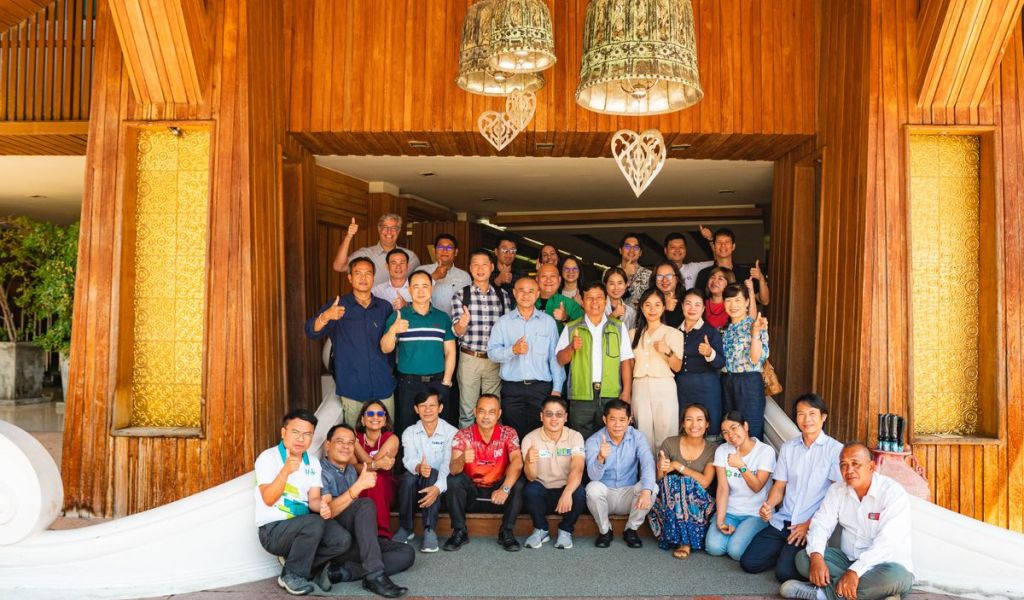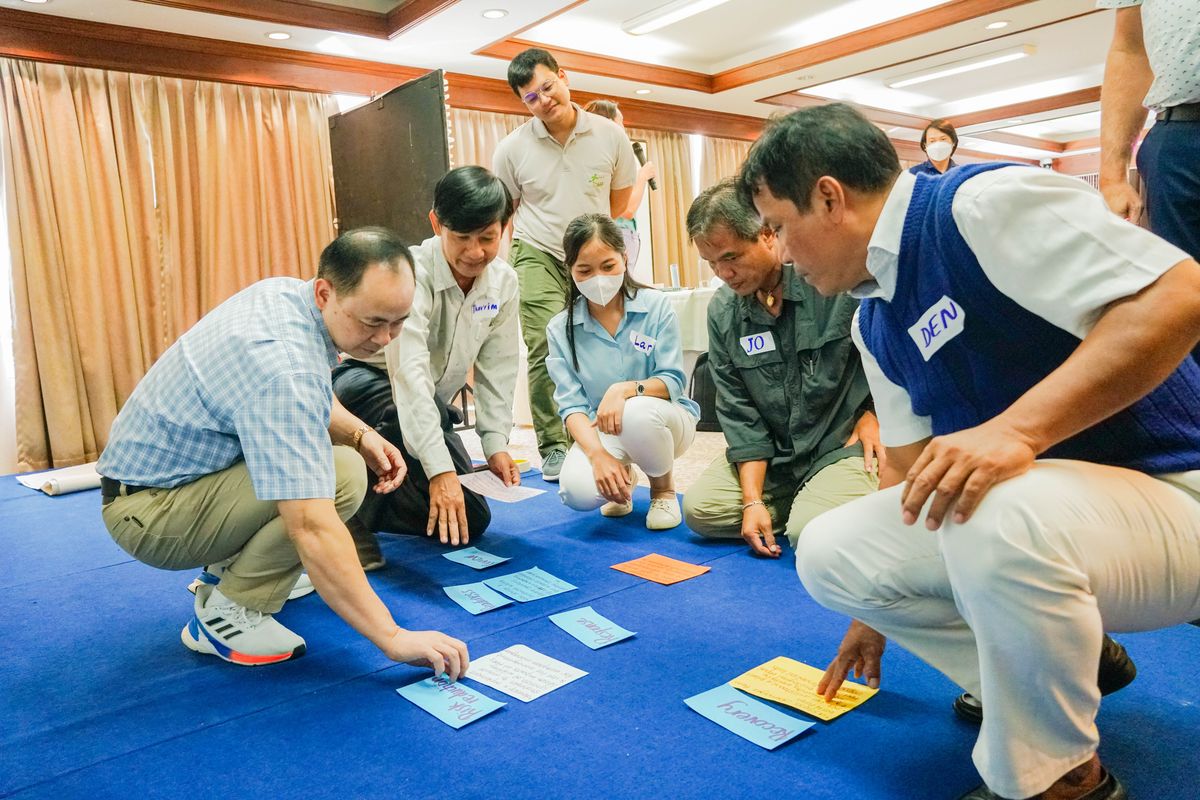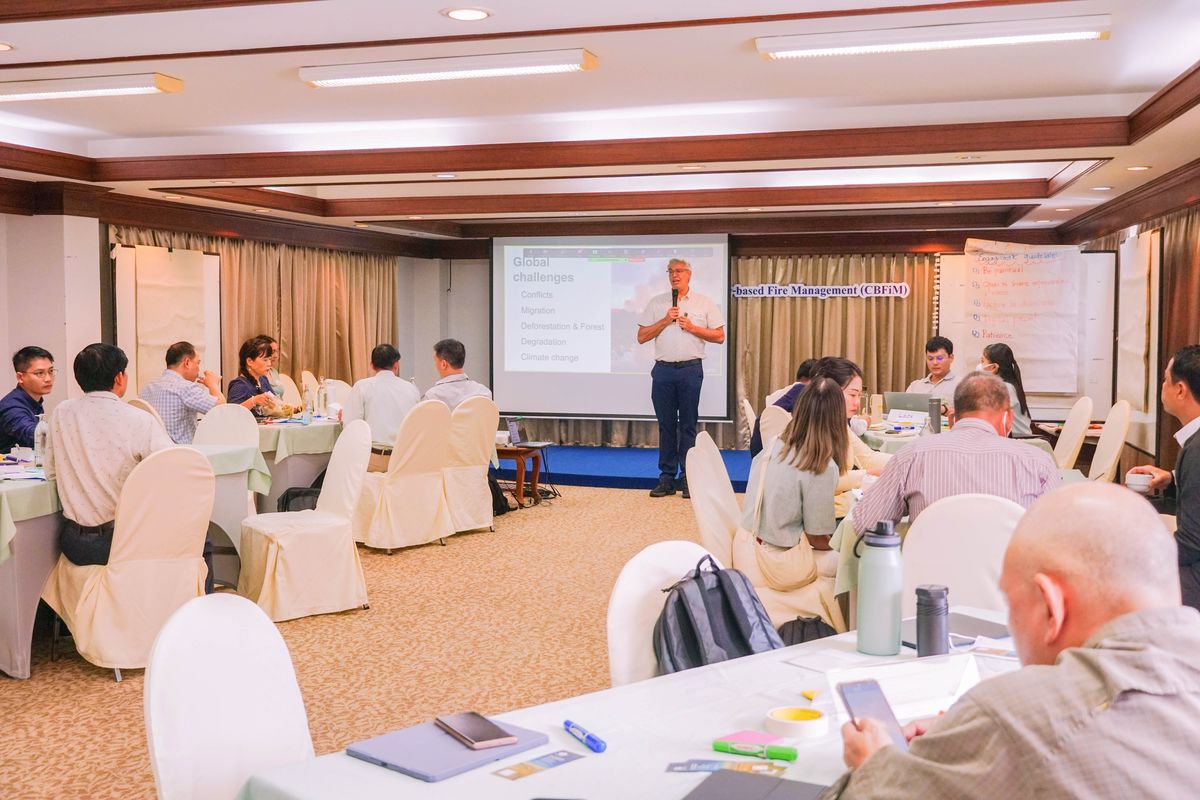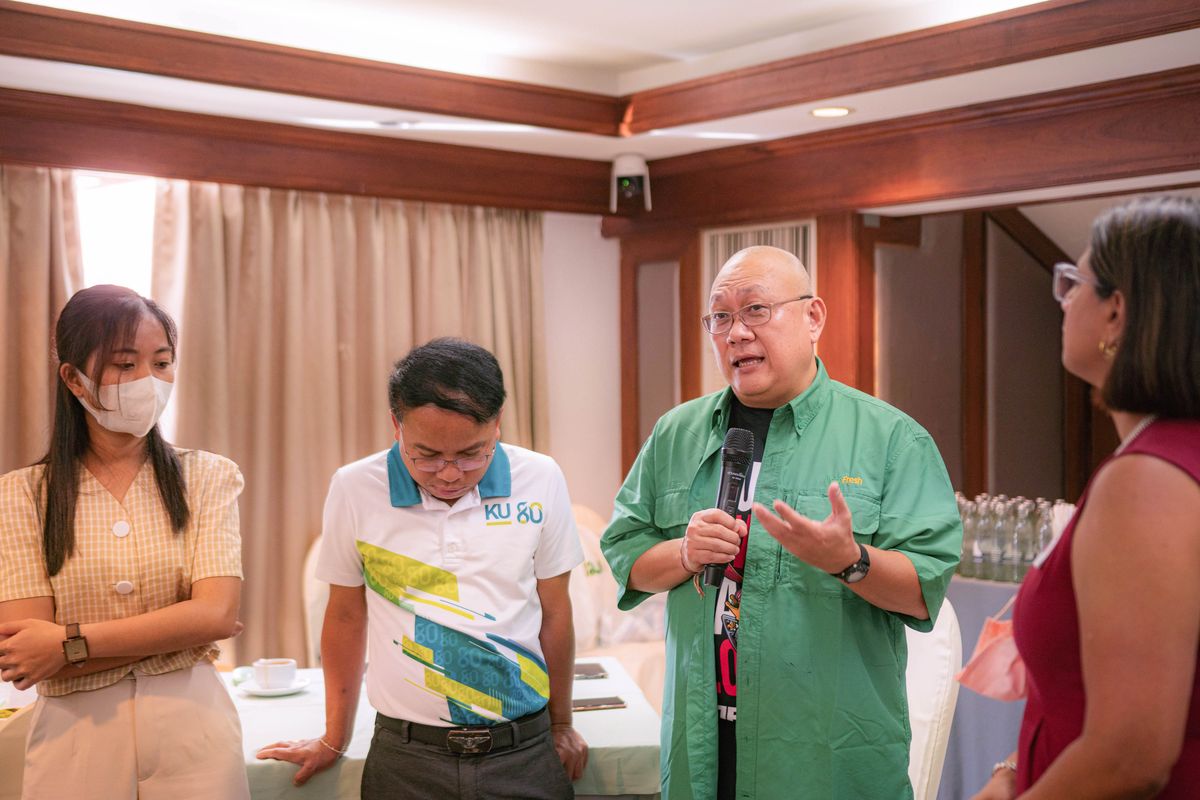Regional learning lab explores integrated fire management and community-based approaches in Southeast Asia

In late October 2023, the Community-based Fire Management (CBFiM) project, supported by the USDA Forest Service, hosted a regional learning lab event in Chiang Mai, Thailand. The event brought together fire experts, RECOFTC staff and stakeholders from the four CBFiM focus countries: Cambodia, Lao PDR, Thailand, and Viet Nam.
The learning lab served as a platform for a valuable exchange of knowledge and strategies on integrated fire management and CBFiM principles. Participants delved into the status and applications of these principles across the diverse landscapes of the focus countries. The event marked a significant milestone for the CBFiM project, being the first regional knowledge-sharing initiative of its kind.
The CBFiM project aims to reduce the frequency and intensity of forest fires and enhance resilience to climate change impacts in biodiversity-rich countries in the Asia-Pacific region. The project is moving fast, building on previous investments by RECOFTC, the Forest Service and others.

Country coordinators and RECOFTC country teams led a comprehensive review of distinct fire management strategies, challenges and collaborative efforts across several countries. Each country presented its unique approach: Cambodia emphasized the role of local communities and governments in managing fires in their inundated forests and fisheries. Lao PDR showcased the proactive involvement of both military and community groups. Thailand highlighted the coordination among its extensive network of 28 government agencies in fire management. In contrast, Viet Nam focused on its innovative Payment for Forest Environmental Services policy, which bolsters local forest management initiatives.

Fire experts, including Dr. David Ganz, Dr. Kobsak Wathongchai and Dr. Veerachai Tanpipat, led sessions that highlighted global challenges, fire behavior and scientific relevance. They emphasized the need for collaboration, education and policy, and introduced the 5 R’s framework of integrated fire management – review and analysis, risk reduction, readiness, response and recovery. Each 'R' was contextualized into country and sub-national scenarios.

The event also explored various fire management technologies and the conditions necessary for effective CBFiM implementation. Participants delved into the root causes and solutions to forest fires across different scales through sessions dedicated to value chain analysis of forest fire causes and the use of satellite data for actionable intelligence.

A field trip to community sites in Chiang Mai offered firsthand insights into successful fire management practices and ongoing challenges. This visit facilitated knowledge exchange across countries and showcased innovative fire management processes.
The learning lab played a crucial role in aligning understanding and fostering collaborative approaches to address fire management challenges in the CBFiM focus countries. Participants left with enhanced knowledge and increased confidence, ready to implement robust CBFiM strategies in their respective countries.

The learning lab was instrumental in understanding forest fire prevention and fighting missions involving local communities, tailored to specific landscape conditions.
– Vu Dinh Cuong, Director, Forestry Protection Department of Lam Dong Province, Viet Nam
Following this learning lab, country coordinators, with support from invited experts, will continue with their capacity development plans in the CBFiM focus countries, empowering local governments and communities. RECOFTC plans to organize additional regional knowledge-sharing events to broaden awareness and understanding of fire management in the region.
Dr. David Ganz, RECOFTC’s Executive Director and invited fire expert, emphasized that this learning lab is part of ongoing knowledge-sharing efforts within the CBFiM project. These efforts aim to deepen connections not only among the focus countries but also potentially benefit other fire-vulnerable regions worldwide.
####
Utsav Maden is the communications and engagement officer; Marina Tornorsam is regional project coordinator for the CBFiM project; Chinda Milayvong is communications officer for RECOFTC Lao PDR.
This story/publication was produced through the Community-based Fire Management (CBFiM) in Asia project, made possible through a five-year cooperative agreement between the USDA Forest Service International Programs and RECOFTC. The project receives financial support from the United States Indo-Pacific Command (USINDOPACOM) of the Department of Defense, along with funding from USAID and the USDA Forest Service International Programs.
For more information, please visit www.recoftc.org/projects/cbfim
RECOFTC’s work is made possible with the support of the Swiss Agency for Development and Cooperation and the Swedish International Development Cooperation Agency.

